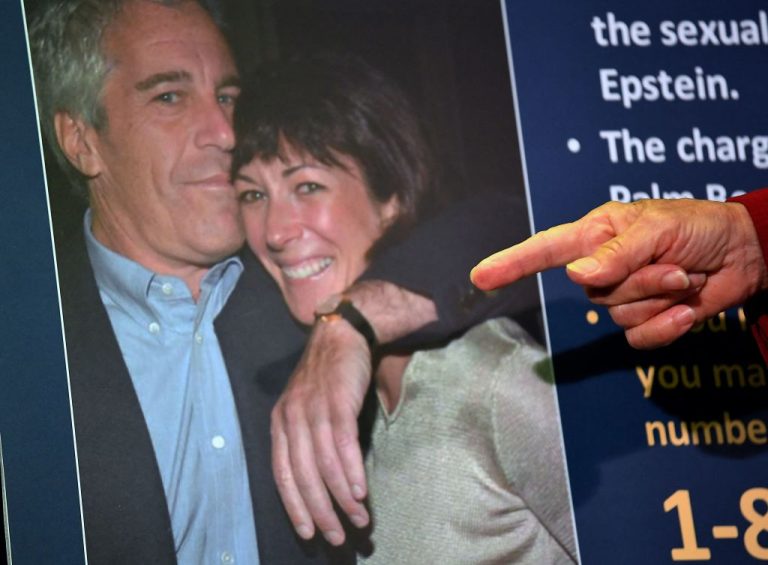On Dec. 27, the attorney general of the U.S. Virgin Islands filed a lawsuit against JP Morgan Chase, accusing the financial giant of benefitting from Jeffrey Epstein’s sex-trafficking operation and further alleging that the bank’s actions, or inaction, helped conceal Epstein’s exploitation of an unknown number of women and minors.
The suit, filed in a Manhattan federal court, accuses the financial institution of providing financial services for Epstein despite being a registered sex offender in the U.S. following his 2008 conviction for soliciting a minor for prostitution in Palm Beach, Florida.
The suit further alleges that JPMorgan failed to comply with federal regulations — that may have flagged Epstein’s crimes to U.S. authorities — in a deliberate attempt to conceal Epstein’s activities.
Lawyers allege that JP Morgan willingly “turned a blind eye to evidence of human trafficking for more than a decade,” due to Epstein’s ability to consistently bring profitable business deals and clientele to the financial institution.
Despite the conviction of Ghislaine Maxwell, Epstein’s accomplice, not a single person has been identified or charged with engaging with Epstein’s sex trafficking operation.
Success
You are now signed up for our newsletter
Success
Check your email to complete sign up
In the suit, the attorney general wrote, “Financial institutions can connect – or choke – human trafficking networks, and enforcement actions filed and injunctive relief obtained by attorneys general are essential to ensure that enterprises like Epstein’s cannot flourish in the future.”
Epstein died in August 2019, while in custody, after being detained on charges of sex-trafficking. The official cause of death is suicide however, many question the official narrative; so much so that the words “Epstein didn’t kill himself” have become a popular meme.
This lawsuit is only the latest concerning the fallout from Epstein’s operations.
The attorney general for the U.S. Virgin Islands, Denise N. George previously filed a suit against Epstein’s estate on Little St. James, which was settled in early December this year.
Co-executors for Epstein’s estate agreed to pay $105 million, in cash, in addition to half the proceeds from the sale of Little St. James to the U.S. Virgin Islands for allegedly violating the island’s laws prohibiting sex trafficking and sexual servitude.
According to CBS News a government investigation into Epstein’s crimes on his private island revealed evidence that JP Morgan “knowingly, negligently, and unlawfully provided and pulled the levers through which recruiters and victims were paid and was indispensable to the operation and concealment of the Epstein trafficking enterprise.”
The complaint says that “JP Morgan facilitated and concealed wire and cash transactions that raised suspicion of — and were in fact part of — a criminal enterprise whose currency was the sexual servitude of dozens of women and girls in and beyond the Virgin Islands.”
This suit comes after two of Epstein’s accusers sued JP Morgan and Deutsche Bank for allegedly profiting millions of dollars off of their relationships with Epstein and his sex trafficking operation.
















